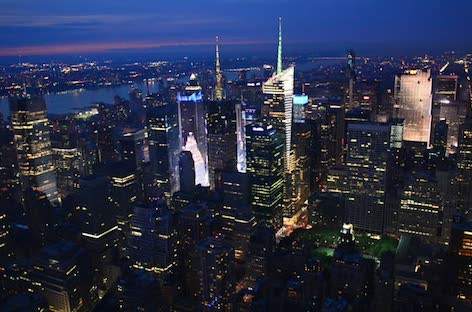Published
Thu, Aug 24, 2017, 20:00
- There will also be a "nightlife director," whose position is similar to the "night czar" or "night mayor" position in other cities.

The New York City Council voted to create an office of nightlife in a meeting today.
The bill already passed in the city's Consumer Affairs Committee before arriving at a full council vote today, where they came out overwhelmingly in favor of it.
It was sponsored by council member Rafael Espinal, who sent out a press release explaining what the new office is designed to do. The responsibilities include "conducting outreach to establishments, assisting in the resolution of enforcement actions, receiving 311 complaints and compiling recommendations, supporting workforce conditions and liaising between communities and venues." The office will consist of a "nightlife director," who will be appointed by the mayor, and a "nightlife advisory board" comprised of 12 members.
Their main goal is to advocate for the city's nightlife by serving as a point of contact between the city and those in the industry. They will make recommendations directly to the mayor and council in order to "support best practices for the industry and to improve the lives of New Yorkers," the committee says. It follows legislation in London and Amsterdam that created similar offices in 2014 and 2016, respectively, as a way of defending their nighttime economies.
In New York, as in London, there's been pressure from artists and industry people to create an office like this because of rising property values, which have made it difficult for music and arts communities to survive in the city center. It also grew from increased media attention to the city's archaic cabaret law—also known as the "no dancing" law—which critics see as a way to arbitrarily shut down dance establishments.
"It is fantastic news that New York is to have a director of nightlife," says Alan D Miller, who's on the board of the London night time commission—a government body that's similar to the one New York has just created. "This position is crucial in acting as both a liaison between all stakeholders; the police, councillors and industry and indeed as an ambassador for some of what is the best that New York has to provide to the world. In London, the creation of the position of night czar and nighttime commission to work alongside our Mayor has already made a significant impact across the capital."